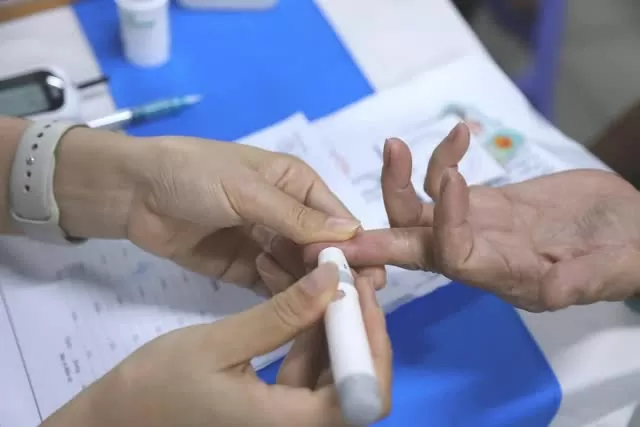 |
| Ho Chi Minh City will replicate the WHO PEN model associated with health insurance examination and treatment at all health stations after the merger. (Photo: Pham Thuong) |
The essential intervention program for hypertension and diabetes (WHO PEN) launched in Ho Chi Minh City in 2023 has initially recorded many positive results.
Accordingly, from 43 participating primary health stations, by 2025 the number has increased to 193 health stations. This is an important step in expanding access to non-communicable disease management and treatment services right in the community.
Compared to the end of 2024, by August 2025, the number of patients coming for examination and taking medicine at health stations participating in the program has increased significantly. Specifically, from 7,727 patients with hypertension coming for examination, it has increased to 13,782 cases, and patients with diabetes from 2,636 to 4,362.
The rate of patients returning to the health station for a follow-up visit after 3 months also improved significantly, with patients with high blood pressure increasing from 41% to 62%, and with diabetes increasing from 31% to 54%.
Notably, more than 80% of patients maintained stable target blood pressure and over 70% achieved target blood sugar.
Data from Ho Chi Minh City Social Insurance also recorded that in the first 6 months of 2025, the number of patients coming for health insurance examination and treatment at grassroots health facilities increased by about 30% compared to the same period in 2024.
Dr. Nguyen Van Vinh Chau, Deputy Director of the Ho Chi Minh City Department of Health, emphasized: "The essential intervention program on hypertension and diabetes in Ho Chi Minh City has been proving its important role at the grassroots level in primary health care."
Besides positive results, the program still has shortcomings and limitations such as the unsynchronized drug supply at health stations, mainly due to unreasonable drug provisioning at the stations.
The change in personnel in charge has resulted in management data not being updated fully and promptly. In the first 8 months of 2025, there were still 8 health stations without patients with hypertension and 16 stations without patients with diabetes. The main reason is that doctors are in charge of many programs and are often absent; the list of drugs and tests at the station has not been supplemented in time to meet the needs of patients. These limitations affect management efficiency and reduce people's confidence when choosing health stations as a place for primary health care.
Dr. Nguyen Ngoc Thuy Duong, Deputy Director of HCDC, said that in order to develop grassroots healthcare and improve the capacity of grassroots healthcare staff, in the coming time, it is necessary to synchronously deploy many solutions such as: Increasing human resources and providing professional training for grassroots healthcare staff , especially in regions 2 and 3; strengthening conditions for medical equipment and technical lists to help monitor treatment and be covered by health insurance.
Ensure the supply of essential drugs and expand the drug list to meet treatment needs at health stations; promote screening activities, especially health check-ups for the elderly, to detect non-communicable diseases early so that patients can be managed and treated promptly.
At the same time, HCDC will continue to coordinate with WHO and the Department of Family Medicine, University of Medicine and Pharmacy, Ho Chi Minh City to organize technical support and deploy new health stations.
Dr. Lai Duc Truong, WHO technical officer, said that it is necessary to clearly define the role and function of health stations in managing non-communicable diseases. At the same time, the list of diseases to be managed should be expanded and professional guidelines adjusted to suit community practice.
Dr. Nguyen Van Vinh Chau, Deputy Director of the Ho Chi Minh City Department of Health, commented: "Although there are still many challenges, initial results show that if there is synchronous investment in human resources, equipment, essential drugs and management technology, this model can be completely replicated and promoted with sustainable effectiveness."
In the coming time, Ho Chi Minh City will expand the WHO PEN model in conjunction with health insurance examination and treatment at health stations across the area after the merger. At the same time, the health sector will continue to expand the list of techniques and drugs for treating other non-communicable diseases at the grassroots level to improve management and treatment efficiency.
Source: https://baoquocte.vn/tp-ho-chi-minh-nhan-rong-chuong-trinh-can-thiep-tang-huet-ap-dai-thao-duong-tai-tat-ca-tram-y-te-328298.html



![[Photo] Unique art of painting Tuong masks](https://vphoto.vietnam.vn/thumb/1200x675/vietnam/resource/IMAGE/2025/11/14/1763094089301_ndo_br_1-jpg.webp)



![[Photo] Unique architecture of the deepest metro station in France](https://vphoto.vietnam.vn/thumb/1200x675/vietnam/resource/IMAGE/2025/11/14/1763107592365_ga-sau-nhat-nuoc-phap-duy-1-6403-jpg.webp)
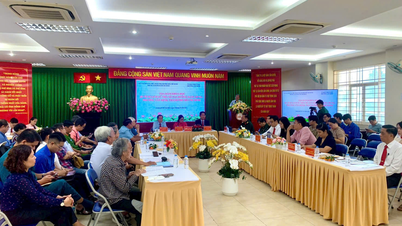

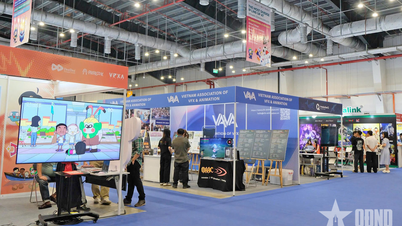
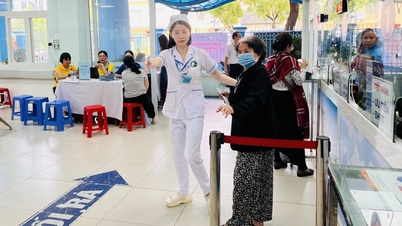

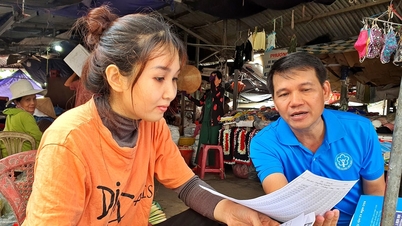

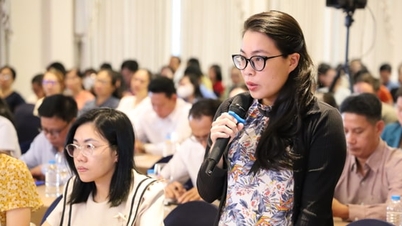

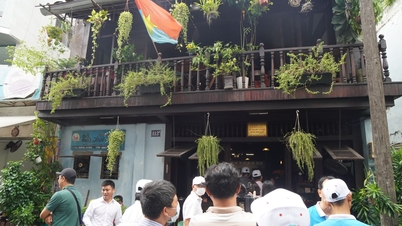



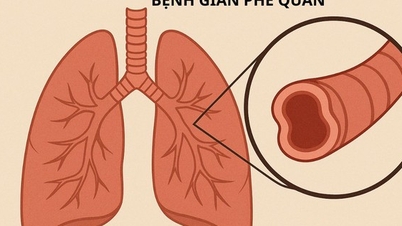
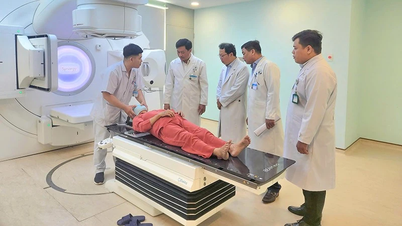

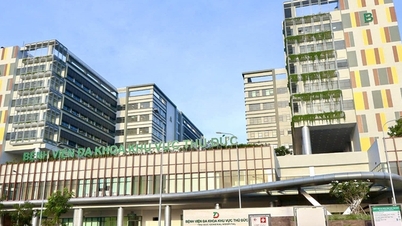
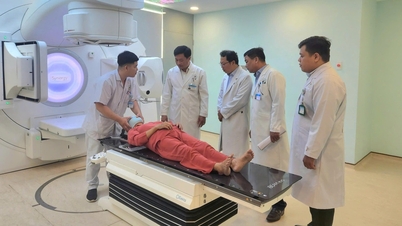

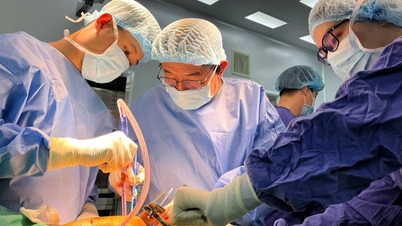






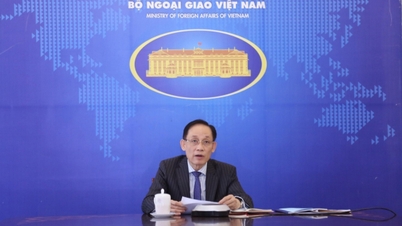
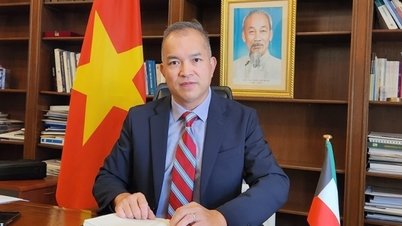

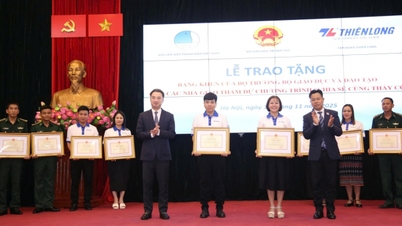


![[Photo] Special class in Tra Linh](https://vphoto.vietnam.vn/thumb/1200x675/vietnam/resource/IMAGE/2025/11/14/1763078485441_ndo_br_lop-hoc-7-jpg.webp)












































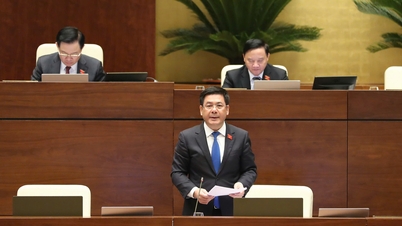









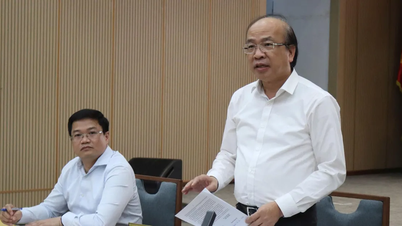

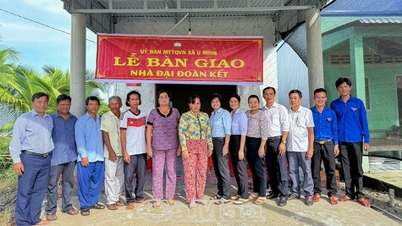












Comment (0)